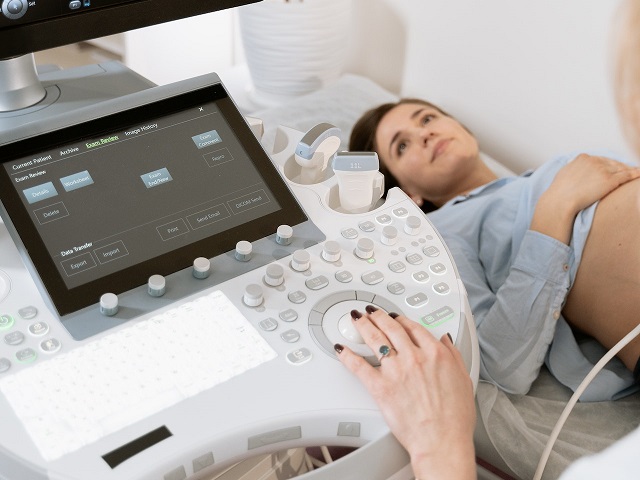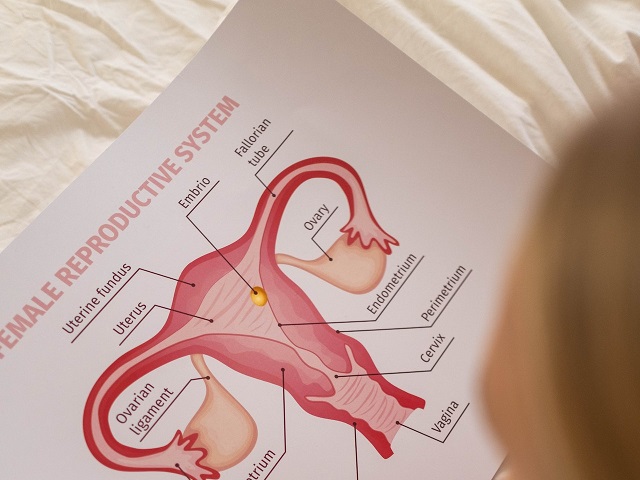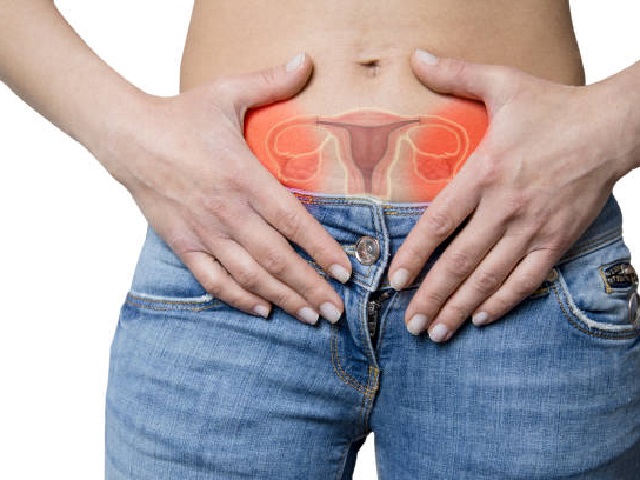6 Signs You May Have Ectopic Pregnancy -- Symptoms, Causes, Effects, Treatment and Prevention
Ectopic pregnancy is a serious medical condition in which a fertilized egg implants and grows outside the uterus, most commonly in the fallopian tube. It requires prompt diagnosis and treatment to prevent life-threatening complications. Below are the key aspects of ectopic pregnancy including symptoms, causes, effects, treatment, and prevention.
Symptoms of Ectopic Pregnancy:
Ectopic pregnancy may present with various symptoms. It is essential to recognize these signs to seek timely medical attention and prevent potential complications.
- Vaginal bleeding: Women may experience irregular bleeding that is different from their usual menstrual period.
- Abdominal or pelvic pain: Sharp or cramp-like pain in the lower abdomen or pelvis is a common symptom.
- Shoulder pain: Pain in the shoulder or upper back may occur due to internal bleeding irritating the diaphragm.
- Nausea and vomiting: Some women may experience nausea, vomiting, or an upset stomach.
- Weakness or fainting: Feeling lightheaded, weak, or experiencing fainting episodes can be a symptom.
- Painful urination or bowel movements: Discomfort or pain during urination or bowel movements may occur.
Causes of Ectopic Pregnancy:
Several factors can contribute to the development of ectopic pregnancy. Understanding these causes can help in identifying potential risk factors.
- Damaged or blocked fallopian tubes: Scar tissue, previous infections, or structural abnormalities in the fallopian tubes can prevent the egg from traveling to the uterus.
- Hormonal imbalances: Certain hormonal factors can disrupt the normal movement of the fertilized egg.
- Previous pelvic infections: Infections, such as pelvic inflammatory disease (PID), can cause scarring in the fallopian tubes.
- Endometriosis: This condition involves the growth of endometrial tissue outside the uterus, which can affect the function of the fallopian tubes.
- Previous tubal surgery or fertility treatments: Surgeries or fertility treatments can increase the risk of ectopic pregnancy.
Effects of Ectopic Pregnancy:
Ectopic pregnancy can have significant implications on a woman's reproductive health and emotional well-being. Recognizing the potential effects is crucial.
- Ruptured fallopian tube leading to internal bleeding: If left untreated, an ectopic pregnancy can cause the fallopian tube to rupture, resulting in severe internal bleeding.
- Potential damage to the fallopian tube or ovaries, leading to infertility: In some cases, the affected fallopian tube or ovary may need to be removed, impacting future fertility.
- Emotional distress and psychological impact: Dealing with the loss of a pregnancy and the potential complications can have a significant emotional toll on individuals.
Treatment of Ectopic Pregnancy:
Timely treatment is vital to manage ectopic pregnancy effectively and prevent severe complications.
- Medication: Methotrexate, a medication that stops the growth of the embryo, may be used for non-ruptured ectopic pregnancies.
- Surgery: Laparoscopic surgery or, in severe cases, open surgery may be required to remove the ectopic pregnancy and repair or remove the affected fallopian tube.
- Follow-up care: Regular monitoring and follow-up appointments are necessary to ensure the complete resolution of the ectopic pregnancy and address any fertility concerns.
Prevention of Ectopic Pregnancy:
Taking preventive measures can help reduce the risk of ectopic pregnancy and promote reproductive health.
- Early detection and treatment of sexually transmitted infections: Prompt treatment of infections, such as chlamydia or gonorrhea, can help reduce the risk of ectopic pregnancy.
- Practicing safe sex and using barrier methods of contraception: Consistent and correct use of condoms can reduce the risk of sexually transmitted infections, which are a common cause of ectopic pregnancy.
It is crucial for individuals experiencing symptoms of ectopic pregnancy, such as abdominal pain and vaginal bleeding, to seek immediate medical attention to prevent complications.
References:
American College of Obstetricians and Gynecologists. (2020). Ectopic Pregnancy. Retrieved from https://www.acog.org/womens-health/faqs/ectopic-pregnancy


















